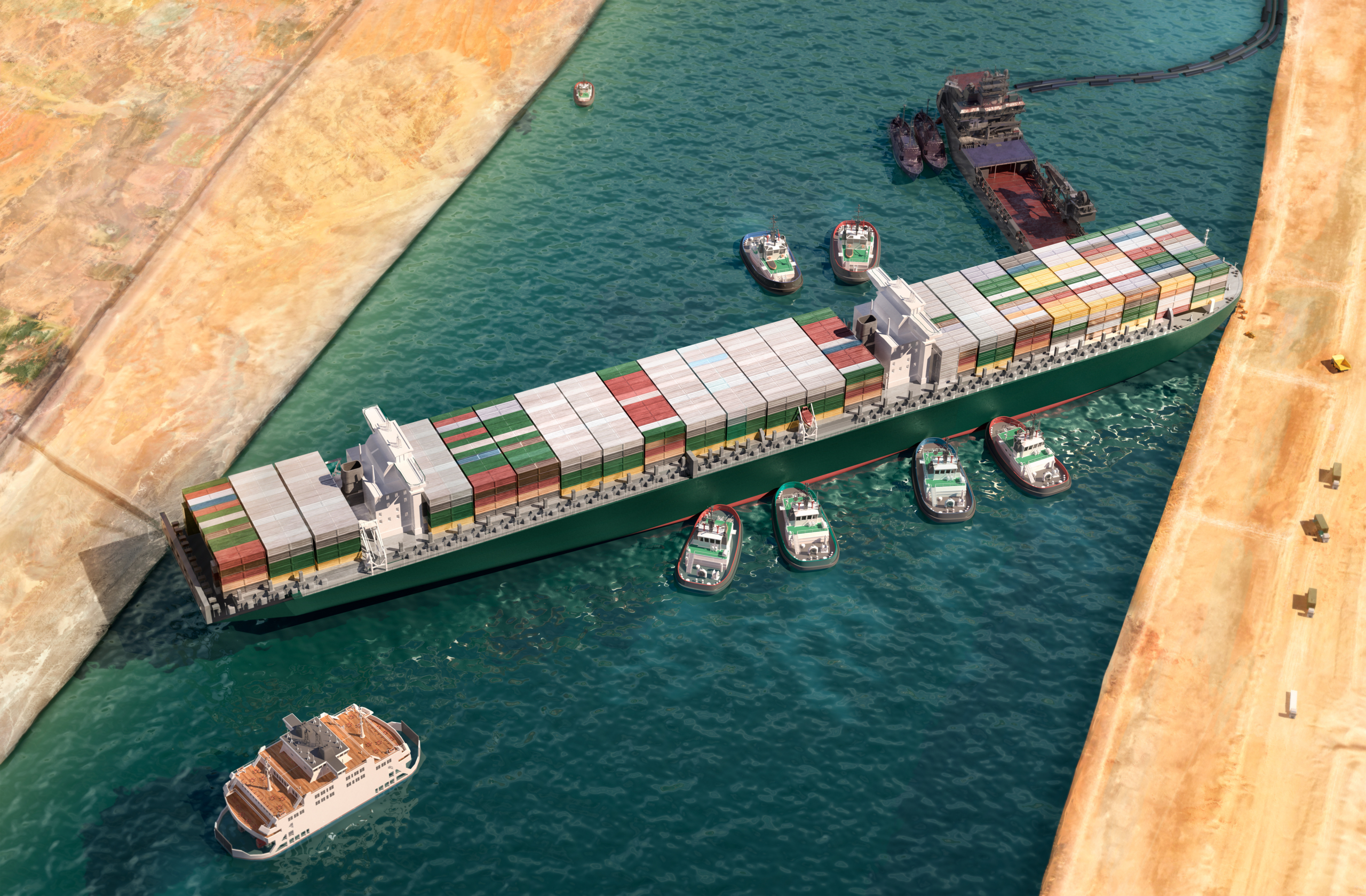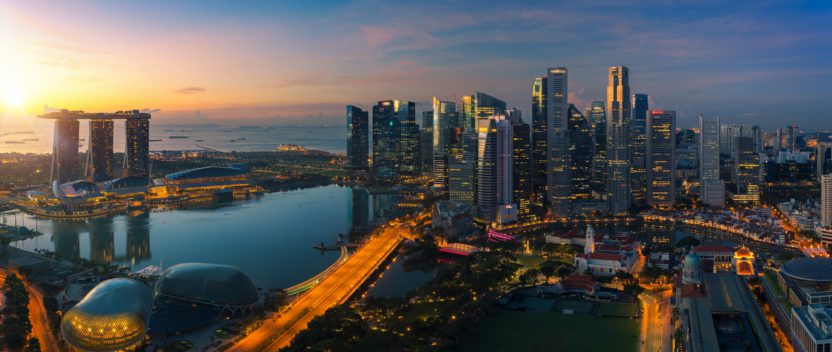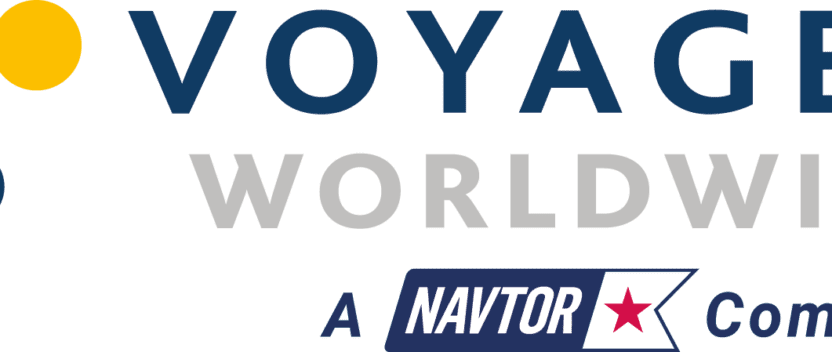The answer is transparency, now what was the question?

As we all know by now, the world’s media attention can shift very quickly when bad news strikes. And the grounding of Ever Given wasn’t even particularly bad news; there was no pollution, no fatalities and no sinister causes that we know of.
We should know a lot more when the accident report comes out, because despite the IMO bemoaning the frequent lack of reports following maritime accidents, this one is too big to ignore.
The media attention was a welcome diversion from COVID and it was illustrative of the positive story that should follow the wider roll-out of vaccines: consumers in the west at least, have their credit cards out and are ready for some kind of normality.
While we can’t expect the media attention to last, what it does remind us of is the importance of the chokepoints that are critical to the orderly functioning of global supply chains.
With the definite causes of the grounding unknown, we can already conclude that the implications should be safer navigation and the need for much greater level of information and access to what happens onboard ships.
There are several drivers to this, not least security. The world may have spent the last 12 months in a Pandemic-induced stasis but we would be wrong to think that the short and long term threats to stability have gone away.
The problems that cause the problems are still with us, whether global rivalry over spheres of influence in Asia, increased regional risk and attacks on shipping in the Middle East Gulf or the continuing threat of piracy, whether in South East Asia or off West Africa.
Add to this the fact that global shipping routes negotiate pinch-points on two continents and at the gateway to North Asia and the fact that a major grounding has not disrupted trade until now is something of a reassurance that things are well run, the risks pretty well managed.
Even so, rapid growth in the global fleet has seen monitoring of vessels using AIS come close to being overwhelmed, even when using dedicated hosted satellite payloads. There are simply so many ships in congested waters that AIS data providers have sought new ways of verifying signals to improve the quality of the data they provide.
This tends to reinforce the feeling for some fleet managers at least that, as recent incidents (and not just Ever Given) have shown us, we probably still don’t know enough about what goes on, onboard ship. The grounding of the Wakashio demonstrates that incidents take place for what appear to be inexplicable reasons and can have serious consequences.
Deviation from the passage plan should create a real time alert and a call for response from the fleet managers, regardless of the time of day or night. There should be no reason for superintendents to be out of touch or in the dark.
And the grounding of Ever Given does not have to be the end of Just In Time shipping as some media speculated once supply chains ground to a halt. In fact it illustrates exactly why better planning scheduling and traffic management is essential for a digitalised and ultimately decarbonised shipping industry.
The use of Optimised Ship Routeing and Just In Time Arrival has been identified as an operational improvement that could generate broad benefits for the industry by increasing efficiency while reducing vessels’ GHG emissions on the voyage and when approaching port. JIT limits the amount of time that ships spend idling outside the ports which can be achieved by optimising the vessel speed during voyage to ensure that it arrives and departs without unnecessary delay.
Implementing the JIT arrival concept requires a holistic view of the voyage, including the port operations, because it may require occasional increases in vessel speed during the voyage (with the associated increase in fuel consumption). But if this negates enough of the waiting time at port, it can result in lower overall consumption and emissions.
Modern vessels use various techniques to estimate the time it will take to reach a destination, but ship operators face bigger problems. These include the nondisclosure of information related to the vessel’s construction or its engine performance that could potentially improve the accuracy of their estimations and efforts to calculate and optimise performance.
For some types of vessels — such as tankers and bulk carriers — charterparty contracts might be breached by reducing speed, which renders the JIT shipping model impractical. Communication with charterers and a commitment to reducing GHG emissions from them is a prerequisite to JIT shipping.
The barriers to just in time at ports are equally numerous. Only the largest have adequate management systems to estimate the resources such as pilots, tugs, or berths that will be available beyond a 24 to 48-hour timeline. A standardization of the format for the transfer of information is also required for automation and further optimisation to be possible.
As is clear, adoption of JIT shipping and optimum routeing requires deep co-operation between the ship owner/operator, charterer, traffic management controllers and port authority to overcome contractual obligations, and provide technical and operational updates.
In fact, in a world of political, operational and technical risk, what it really calls for is better data and complete transparency along the life of the voyage. Until that is possible, the industry will find there’s a lot of sand to shovel.


